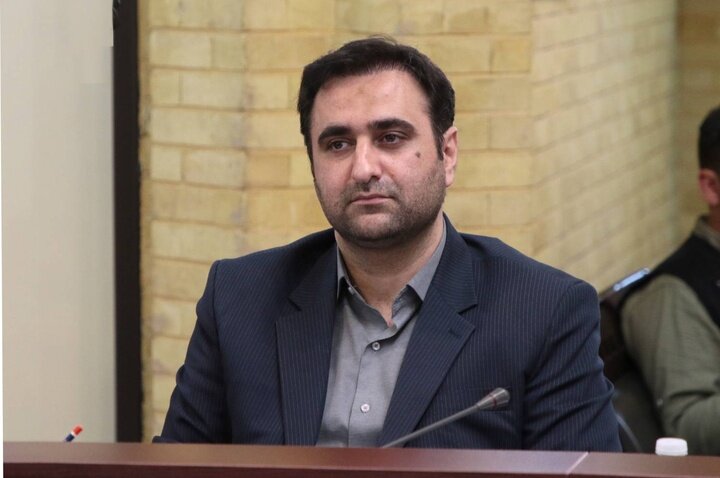New technologies play key role in promoting Iran’s tourism, deputy minister says

TEHRAN – The implementation of new technologies can be effective in showcasing Iran’s tourist destinations to international visitors, the deputy tourism minister has said.
Iran’s tourist industry can greatly benefit from the cutting-edge technologies to showcase its breathtaking attractions to a worldwide audience, Ali-Asghar Shalbafian explained on Monday.
It is crucial to focus on producing high-quality content and effectively promoting tourist destinations to foreigners, particularly those from European countries, the official added.
Embracing innovative technologies can significantly enhance the impact of such efforts, he noted.
The adoption of innovative technologies holds great significance, and, fortunately, several skilled professionals specializing in this field are present in different provinces across the country, he mentioned.
Long shunned by Western travelers, the Islamic Republic has steadily stepped-up efforts to use tourism, over the past couple of years, to help promote its international image battered by endless opposition mostly from the U.S.
Experts believe even before the pandemic, Iran’s tourism was already grappling with some challenges, on top of those Western “media propaganda” aimed at scaring potential travelers away from the Islamic Republic. They say Iran is still somehow “unknown” to many potential travelers due to such a “media war.”
Before the COVID pandemic, Iran's tourism had constantly been growing, reaching more than eight million visitors in the Iranian calendar year 1398 (started March 21, 2019). That surge, however, helped prejudices to become thick and thin.
However, Iran’s trump card is that the country benefits from a wide variety of travel destinations ranging from seacoasts and lush green woods to towering mountains and harsh deserts. As a wallet-friendly destination with hospitable people, Iran has long been a desired destination for nature lovers, birdwatchers, powder chasers, culture devotees, pilgrims, museum-goers, foodies, adventurers, and medical travelers, to name a few.
ABU/AM
